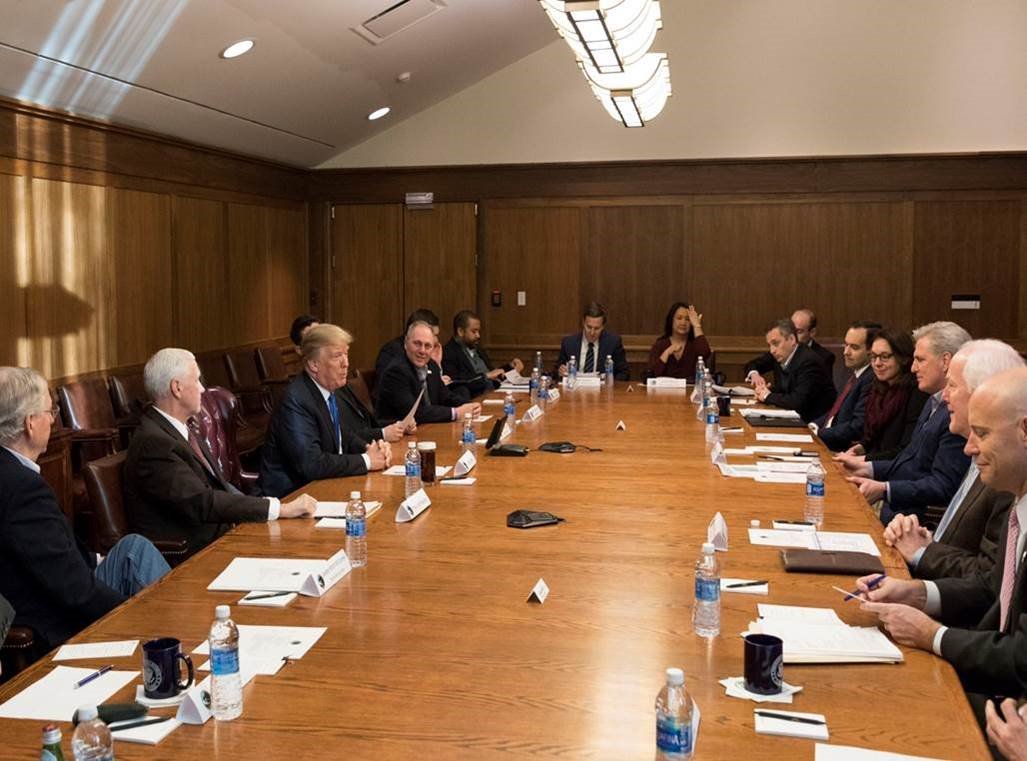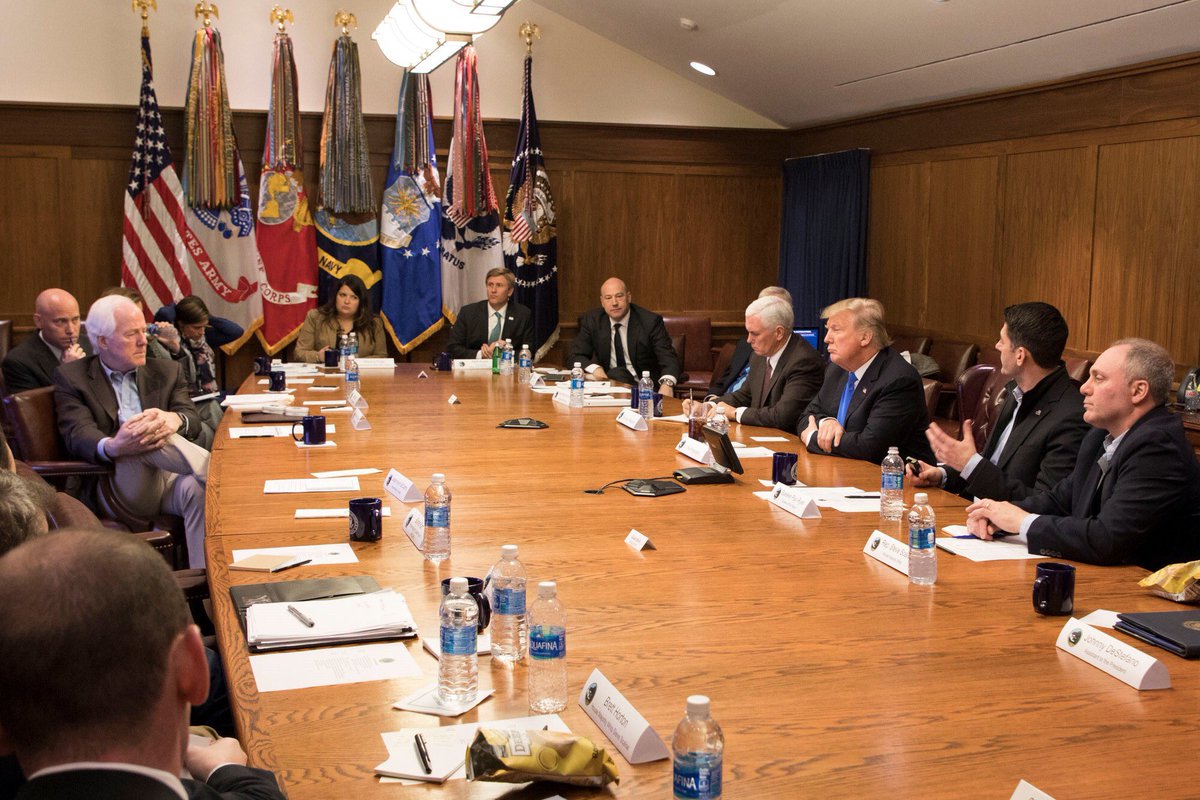People feel emotionally safe enough for conflict, but then we aren’t good at conflict. People decide to spend more time apart.
So many parents talk about how the baby is easy compared to the older kid, but I’m skeptical. Wouldn’t the older kid be 100x easier if you weren’t busy with the baby??
People used to learn skills by helping as kids, and those skills applied more bc the world wasn’t changing as fast.
Parenting books barely if at all transmit useful skills.
Yeah, some kids and some ages, but I think a lot of it is that parents don’t want to admit that they and their kids are not aligned on this point.
Many current “studies” are even worse than that. Misreported correlational BS that doesn’t account for genetics.
Well of course! *on the margin*
Because everyone knows childcare is more important, so we skip housework when we really don’t want to do it and we don’t skip childcare.
And. I think kids today look around and realize they need a different ego structure to operate.
Which is probably what I should expect.
Sometimes boundaries create real safety, kids perceive it, and they feel safe.
But, unsurprisingly, kids mostly get mad or sad or resigned when you restrict their behavior.
Food is a central example of shareable.
You can take turns with toys, or let other kids use your toys, or even loan them out. And sharing is the wrong word for it.
Good luck!
I think below a certain age you have to choose on or the other.
It’s bad because it’a patronizing and inauthentic. When would you say it to an adult?
Mostly you wouldn’t. And you’d use a different inflection. A better one!
Our culture has way too little epistemic humility about what kids are learning when and why.
He’s very right that genetics matters though, and I find it kinda shocking how many people deny or don’t know this.
As kids age, it’s a moving target.
Because it leaves out the “treat kid like a person” component, and you can’t leave that out!
They are bankrupt wrt to their guilt :-(.
Hot take: it’s much easier to make friends as an adult than as a kid, especially if you have the internet.
It’s beautiful too, because everything real is beautiful.
But if you look at it and don’t see how sad it is I’m not convinced you can see what’s happening.
Moral claims *are* claims about what works.
Coercion is costly. Including in parenting.
Doesn’t mean you can use zero coercion, but you should invest coercion, not spend it.
Mainstream parenting has plenty to object to about mainstream parenting in a way that seems very American.
Since even main team American parenting is multi-cultural is hard to truly distribute it.
“You don’t want that!” (He does.)
“You’re okay!” (She isn’t.)
“That doesn’t matter.” (It does to the kid.)
Etc.
But I meet all sorts of people whose parents basically let their siblings abuse them for years with this justification.
Interesting, right?
Hence, extreme geeking out about baby carriers, cloth diapers, etc.
I’ve been to a Mormon family church service before and I was impressed! The message I got was that it was truly normal to have kids. It felt foreign.
Exceptions exist, and it’s fruitful to pick their brains.
Lots of people think it’s impolite not to.
Most people don’t care all that much.
Some little kids will rather be half naked and shivering than wear a coat...
Like how some kids will repeat the same few words on loop until someone repeats them back.
But the kid keeps wandering over to the mom and she is still the one tracking.
We should pay attention.
I do assume they accurately describe trends.
And I assume at most half of it is gendered independently of who is the primary vs secondary caregiver.
It seems to be more common when the kid has a broad empathy or choice deficit.
Band-aids are largely this, and they moderately offend my aesthetic.
Doesn’t mean I refuse them if the kid is asking.
-it makes it seem like this is important bc of sexual assault, which 🤷🏽♀️
-predictably gets vitriolic responses
-is a tiny part of routine kid autonomy violation
Or does it keep going from here...
Inclusivity statements, library of readings to educate yourself with. Whole nine yards.
I see pros and cons.
Pretty pictures aren’t very good evidence about how happy people’s families are.
Especially since there’s this weird collective load-bearing narrative that minimizes the role of skill in parenting.
So if you haven’t been through x with your own kid yet you want to comment on it, the standard smooth move is to be vulnerable about how x was for you as a kid.
I doubt it’s a huge deal in small doses, but I intuitively mistrust it.
Stuff like:
“Well, you know your kids best.”
But then what about when everyone doesn’t want the same thing...
Most adults prefer more of this too. It seems to be a scarce commodity overall.
It’s so viscerally obvious that the kids matter, and that goes a long way.








